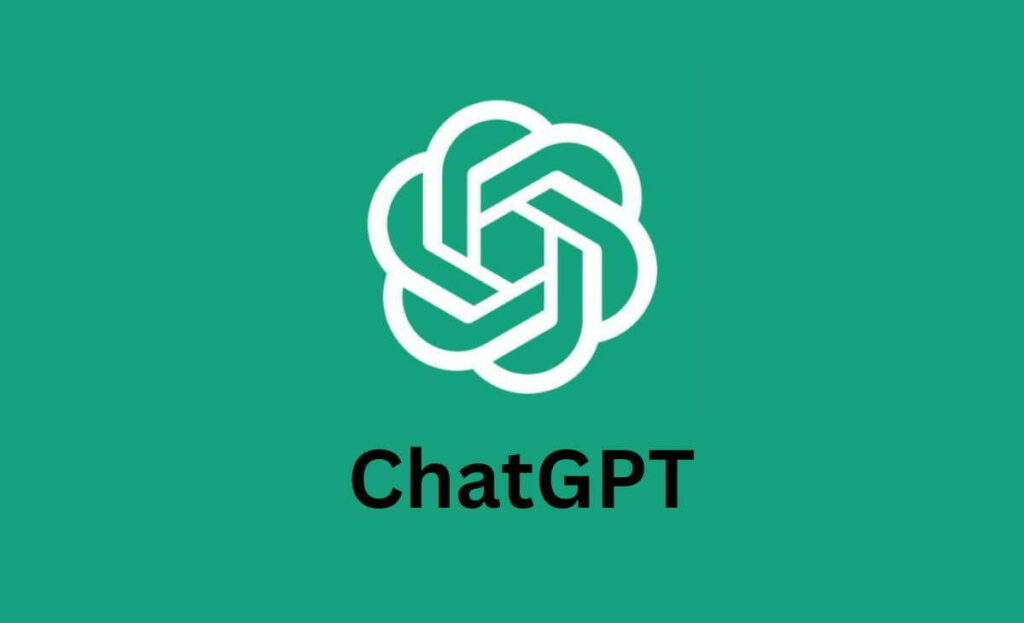Introduction
AI tools comparable to ChatGPT. Conversational AI has rapidly become one of the most disruptive technologies of our time. While ChatGPT by OpenAI remains the most recognizable name in the field, it is far from the only player. Several competitors are emerging with unique strengths — some focusing on safety, others on openness, and some on multimodality.
This article presents the five biggest AI tools comparable to ChatGPT: ChatGPT (OpenAI), Claude (Anthropic), Gemini (Google), LLaMA (Meta), and DeepSeek. Together, they highlight the diversity of approaches shaping the future of AI.
1. ChatGPT (OpenAI)

ChatGPT, developed by OpenAI, is the most widely used conversational AI tool worldwide. Built on the Generative Pretrained Transformer (GPT) architecture, it powers everything from everyday conversations to enterprise workflows. With the launch of GPT-4 and successors, ChatGPT became a general-purpose assistant for coding, education, content generation, and business automation.
Its plugin ecosystem and API integrations have made it a central platform for developers. Despite challenges such as hallucinations and high compute costs, ChatGPT continues to set the standard in usability and adoption.
2. Claude (Anthropic)
Claude, built by Anthropic, is a conversational AI designed with a safety-first philosophy. Its architecture is tuned to reduce harmful or biased outputs, making it more cautious and reliable than some competitors. Claude is frequently adopted in enterprise and compliance-heavy environments where trustworthy AI is essential.
Anthropic promotes Claude as a “constitutional AI,” guided by principles designed to align its responses with human values. This approach has helped Claude build a reputation as a dependable, ethical alternative to ChatGPT.
3. Gemini (Google DeepMind)
Gemini, developed by Google DeepMind, represents one of the strongest competitors to ChatGPT. Unlike text-only models, Gemini is multimodal: it can process and generate text, images, and potentially other data types such as audio and video.
Gemini integrates seamlessly with Google’s ecosystem, including Workspace, Android, and Search, giving it access to real-time knowledge that GPT-based systems often lack. Its focus on reasoning and multimodality positions it as one of the most advanced AI systems in the market.
4. LLaMA / LLaMA Chat (Meta)
LLaMA (Large Language Model Meta AI) is Meta’s family of large language models. Unlike ChatGPT or Gemini, LLaMA models are more open — Meta has released weights for researchers and developers, enabling fine-tuning and experimentation. This openness has made LLaMA a foundation for startups and independent researchers building specialized chatbots.
Although Meta itself has not launched a polished consumer chatbot like OpenAI or Google, the LLaMA ecosystem has quickly become one of the most influential due to its flexibility and availability.
5. DeepSeek
DeepSeek, a Chinese-developed AI system, has emerged as a cost-efficient competitor. Known for using mixture-of-experts layers, DeepSeek achieves performance comparable to frontier models at a fraction of the training cost.
It is gaining attention for its strong reasoning, coding capabilities, and efficiency. Although newer than ChatGPT, Claude, and Gemini, DeepSeek’s rapid rise suggests it could soon be a major global player. Its presence also highlights the increasingly international nature of AI innovation.
Comparison
| Tool | Company | Key Strengths |
|---|---|---|
| ChatGPT | OpenAI | Versatile, plugin ecosystem, global adoption |
| Claude | Anthropic | Safety-focused, reliable, alignment-first |
| Gemini | Google DeepMind | Multimodal, real-time integration with Google |
| LLaMA | Meta | Open weights, customizable for research |
| DeepSeek | DeepSeek AI | Cost-efficient, strong reasoning, rising fast |
Conclusion
The five biggest AI tools comparable to ChatGPT demonstrate the diverse directions in which AI is evolving. ChatGPT leads in usability and adoption. Claude emphasizes safety and ethical AI. Gemini pushes into multimodality and real-time reasoning. LLaMA champions openness for research and startups. DeepSeek challenges the status quo with cost-effective innovation.
Together, they illustrate that the future of AI will not be defined by one tool alone but by a competitive ecosystem of models driving innovation worldwide.
FAQ
Q1: Which AI tool is most similar to ChatGPT?
Claude and Gemini are the closest direct competitors, offering similar conversational capabilities with different priorities (safety vs. multimodality).
Q2: Which AI tool is best for researchers?
Meta’s LLaMA is most attractive to researchers due to its open weights and adaptability.
Q3: What makes DeepSeek unique?
DeepSeek stands out for achieving high performance with lower training costs, thanks to its mixture-of-experts architecture.
Q4: Will one AI tool dominate the future?
Unlikely. The field is moving toward specialization — with tools excelling in different domains such as safety, openness, or multimodality.